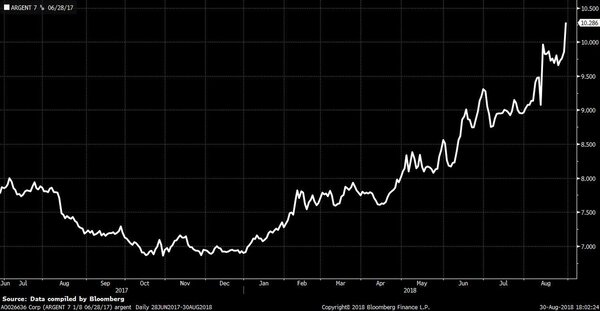After Friday’s crackdown, several firms said they're looking to maneuver their business overseas, especially North America.
Cryptocurrency mining operators, including Huobi Mall and BTC.TOP is suspending its China operations after Beijing stepped up its efforts to clamp down on Bitcoin mining and trading, sending the digital currency tumbling.
A State Council committee led by Vice Premier Liu He announced the efforts late on Friday – the primary time the council has targeted virtual currency mining, an enormous business in China that accounts for the maximum amount as 70 percent of the world’s crypto supply.
Crypto miners use increasingly powerful, specially-designed computer equipment, or rigs, to verify virtual coin transactions during a process that produces newly minted cryptocurrencies like Bitcoin.
Bitcoin took a hammering after the newest Chinese move and is now down nearly 50 percent from its all-time high. It shed the maximum amount of 17 percent on Sunday, before paring some losses and was last trading steady in Asia.
Investor protection and prevention of cash laundering are particular concerns of governments and financial regulators who are grappling with whether and the way they ought to regulate the cryptocurrency industry.
US Federal Reserve System Chairman Jerome Powell turned up the warmth on cryptocurrencies last week, saying on Thursday that they pose risks to financial stability and indicating that greater regulation could also be warranted.
A shift to overseas
Huobi Mall, a part of cryptocurrency exchange Huobi, said during a statement late on Sunday that each one of its custody businesses is suspended.
“Meanwhile, we’re contacting overseas service providers, to pave way for exports of mining rigs within the future,” Huobi Mall said via its official Telegram community, and asked clients “not to stress and calm down”.
BTC.TOP, a crypto mining pool, also announced the suspension of its China business, citing regulatory risks.
Founder Jiang Zhuoer said during a microblog post via Weibo that within the future, BTC.TOP will mainly conduct crypto mining business in North America.
“In the future, nearly all of the Chinese crypto mining rigs are going to be sold overseas, as Chinese regulators clamp down on mining reception,” he wrote.
China has already lost its position as a worldwide cryptocurrency trading center after Beijing banned crypto exchanges in 2017.
“Eventually, China will lose crypto computing power to foreign markets also,” Jiang said, predicting the increase in folks and European mining pools.
the show, another crypto miner that owns 10 mining sites in Chinese provinces including Xinjiang and Sichuan, and sells computing power to investors, said it'll fully suit government regulations.
In a statement to clients, HashCow said it'll suspend buying new Bitcoin rigs, and promised a full refund to those investors who had placed orders for computing powers but had not yet started mining.
Risk-adjusted returns
Aside from the sheer scale of the slump in virtual currencies last week – the Bloomberg Galaxy Crypto Index fell almost 40 percent, the foremost since the pandemic turmoil in March last year – significant intraday price swings have also captivated investor attention.
Still, RBC derivatives strategist Amy Wu Silverman argued during a note Sunday that, supported a measure of risk-adjusted returns referred to as the Sharpe ratio, Bitcoin has done better than shares in Tesla Inc., the SPDR S&P 500 ETF Trust, or Invesco QQQ Trust Series 1.
Bitcoin, Ether, and meme virtual currencies like Dogecoin are still sitting on major gains over longer time-frames, like the past year – about 12,000 percent within the case of Dogecoin.
For Ben Emons, director of worldwide macro strategy at Medley Global Advisors in NY, Bitcoin is “firming its grip on markets through volatility, liquidity, and correlation”.
MORE| Meijer to keep policy requiring masks in-store







0 Comments